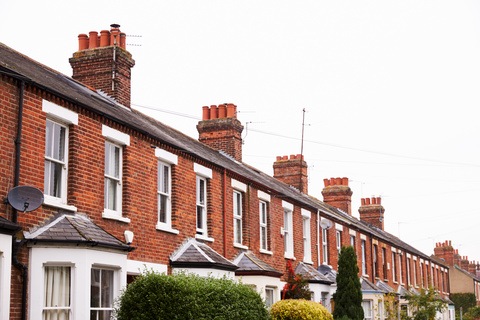The government has put selective licensing of shared houses under the microscope with a review as landlord and letting agent groups slam the system.
Selective licensing is a tool for local councils to exert strict controls over landlords and rented property standards.
Protestors say the schemes are unwieldy and unnecessarily expensive for decent landlords who abide by the rules and the bad landlords don’t bother to sign up anyway.
“The review will see independent commissioners gather evidence from local authorities and bodies representing landlords, tenants and housing professionals,” says the government.
“In areas where selective licensing applies, landlords must apply for a licence if they want to rent out a property. This means the council can check whether they are a “fit or proper person” to be a landlord, as well as making other stipulations concerning management of the property and appropriate safety measures.”
But property professionals disagree.
“Licensing doesn’t work, and never has. The government’s aims are laudable. We’re all striving for the same end goal of improving the private rental sector for consumers, but these policies are impractical,” said David Cox, CEO of ARLA Propertymark.
“Licensing means councils spend all their time administering schemes, rather than enforcing against rogue, criminal landlords.
“Implementing standards for minimum bedroom sizes means small, cheap bedrooms will be taken off the market at a time when there’s an acute housing shortage. This will increase costs for other tenants living in the property, and means those who need or want these small, cheap bedrooms will be left without anywhere to live.”
Landlord groups were less critical, but argue against the cost of licensing and councils using licensing as a blunt tool against all landlords rather than targeting landlords flouting the law.
The review covers properties in England. Scotland and Wales have their own regulations.




